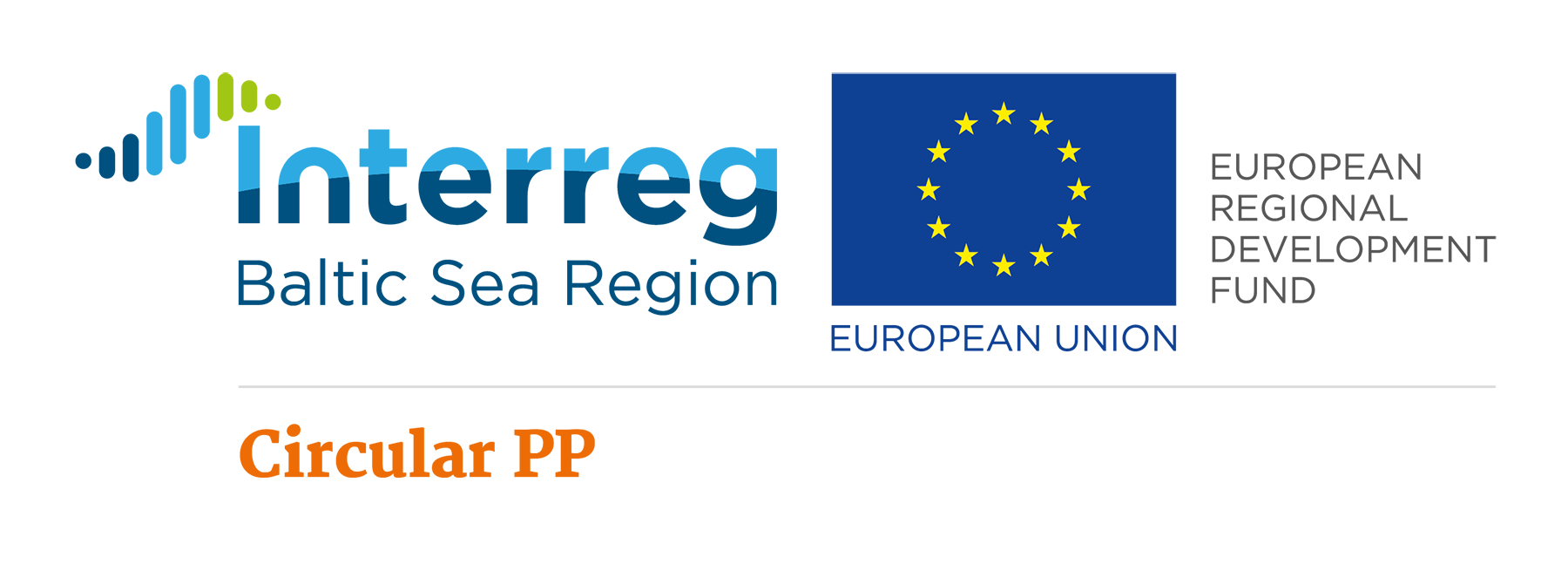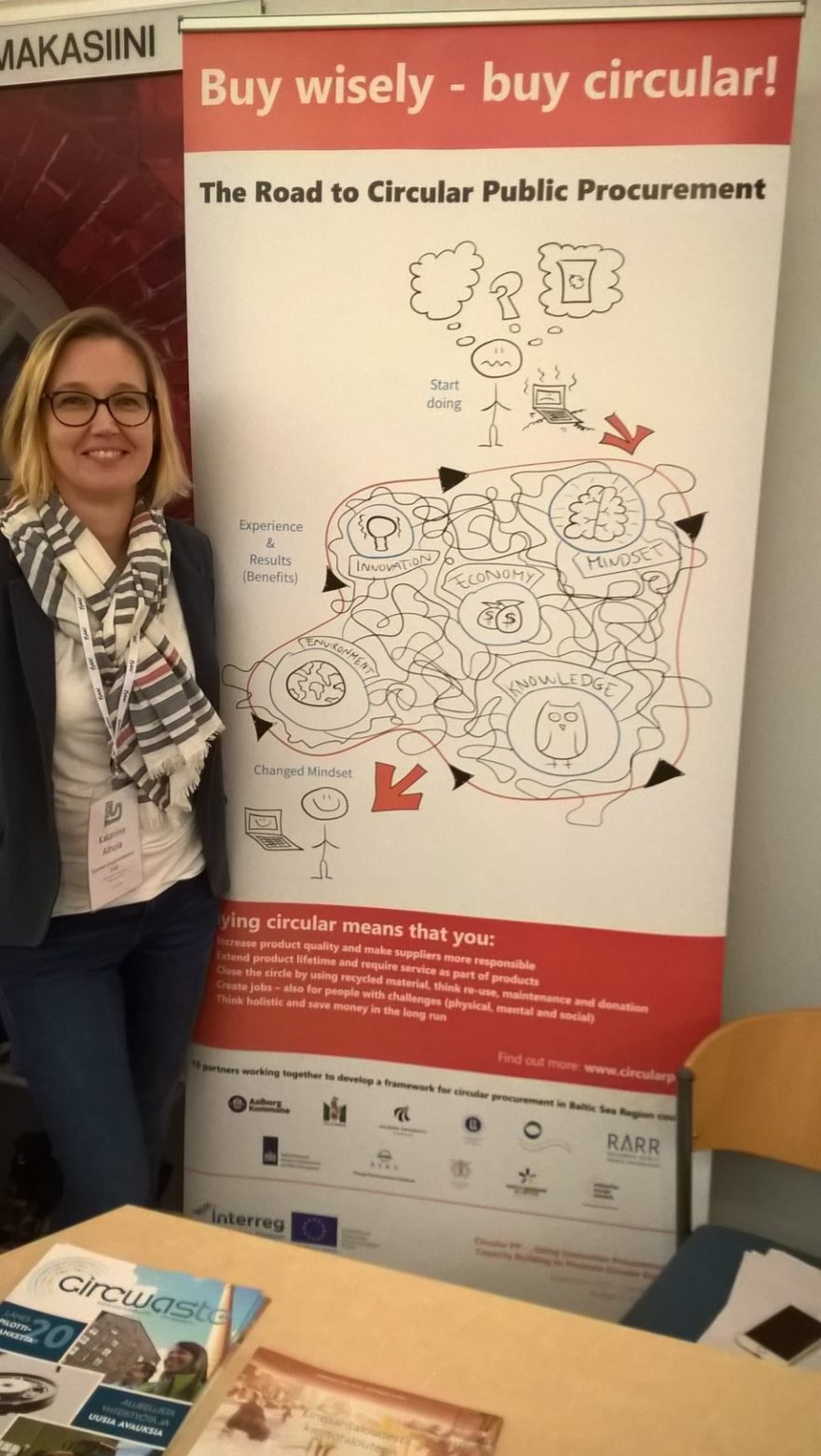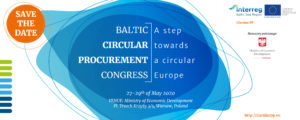Public procurement can be a powerful tool in the transition to a sustainable and just circular economy. While procurement is implemented on the ground by public buyers, the European Commission has and must continue to play an important role in promoting procurement as a tool which can support sustainable and circular goals.
Based on research and practical implementation of pilot procurements done as part of the Interreg Baltic Sea Region Programme funded Circular PP project, we present the following six recommendations to the European Commission in support of the Circular Economy Action Plan.
- Raise the baseline of sustainable and circular procurement in Europe through the introduction of minimum mandatory GPP criteria, for example, compulsory collection and reuse clauses in ICT and furniture procurement.
- Explore innovative approaches to output- and impact-focused monitoring, including innovative digital approaches, making use of big data and artificial intelligence.
- Promote Life Cycle Costing through the development of further standardised, free-to-access LCC measuring tools, including calculation of carbon costs of products and services.
- Continue the provision and expansion of the EU Ecolabel, including ecolabel for services, such as catering services or ICT collection services.
- Support capacity building for procuring organisatons and suppliers, with a particular focus of learning by doing through implementation of pilot procurements.
- Lead by example by making the procurement of EU institutions more circular, in order to showcase the procurement practices necessary to facilitate the transition to a circular economy.
A full overview of the EU Recommendations can be found here. As part of the Circular PP project, recommendations have also been devised for the national level (see here) and local level (upcoming).



